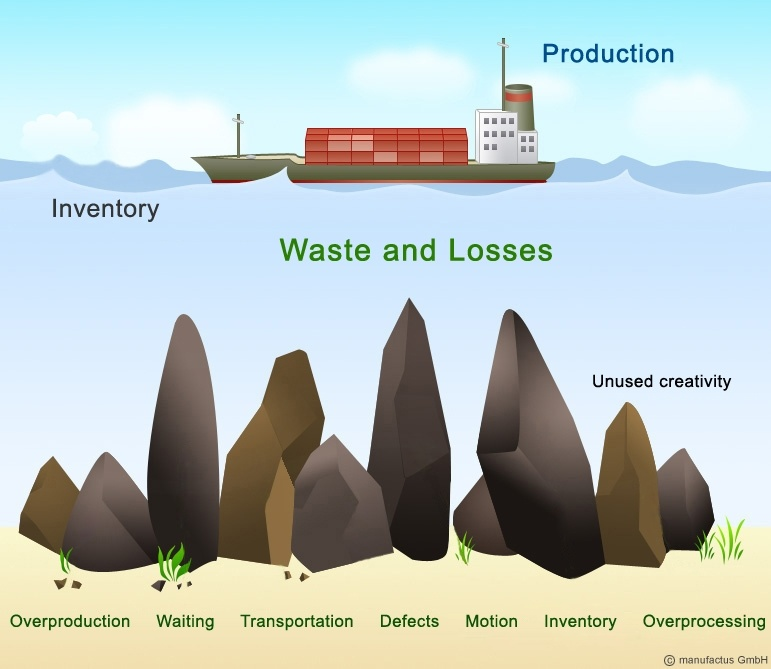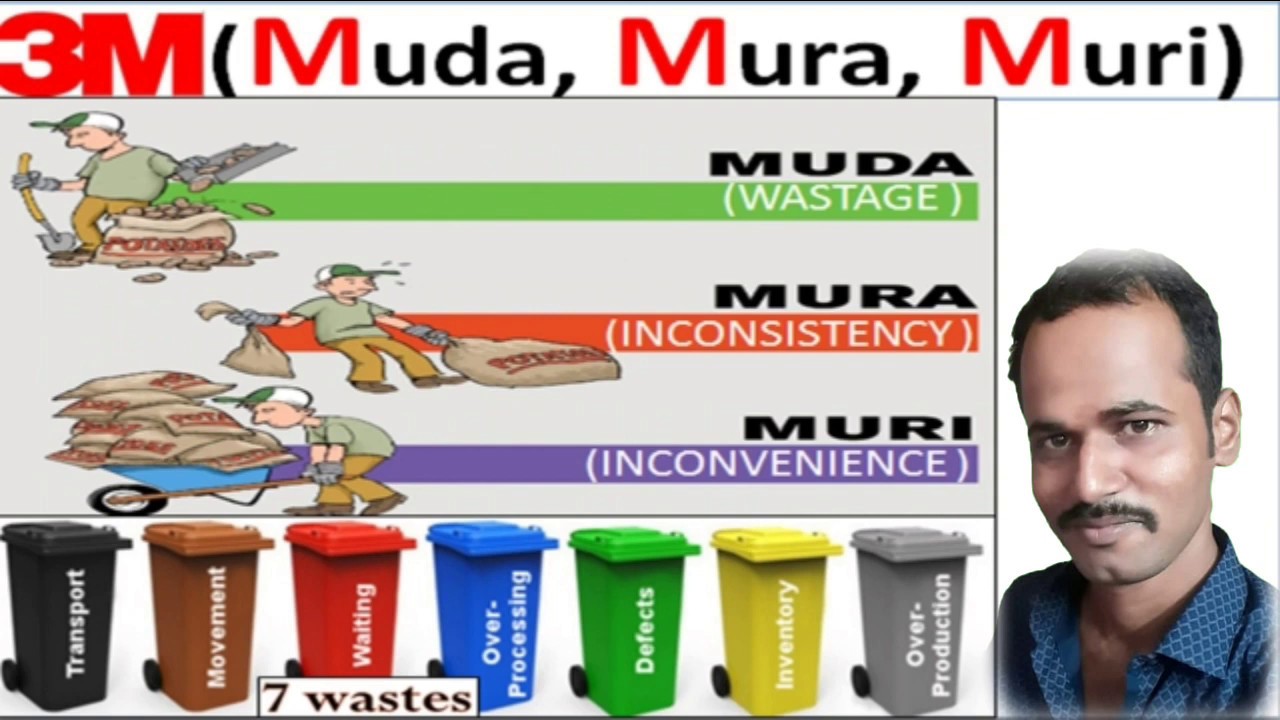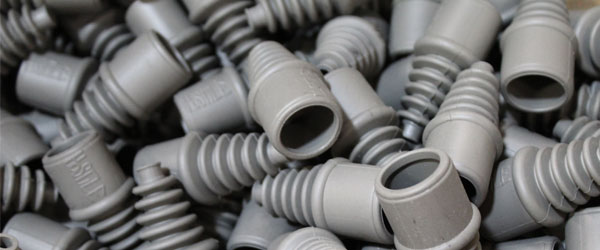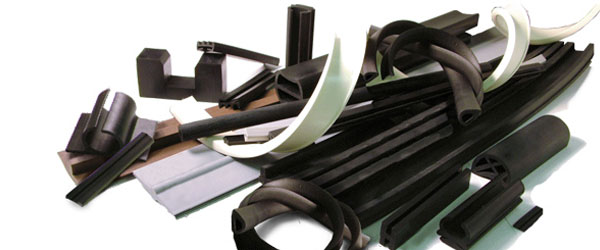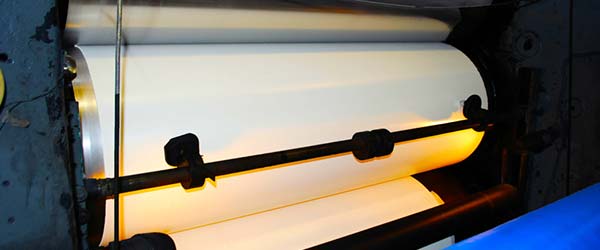“Muda” is a Japanese term that refers to any activity that does not add value to the product or service being produced. In lean manufacturing, eliminating muda is a key strategy for improving productivity and efficiency.
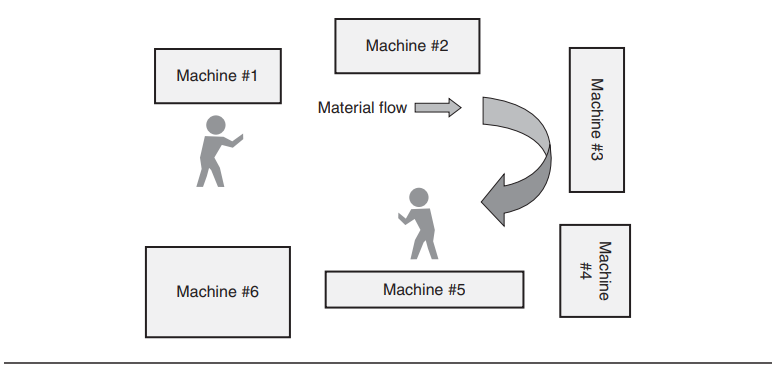
One type of muda that can have a negative impact on creativity in the workplace is “lost creativity.” This occurs when employees are not given the time or resources to explore new ideas, experiment with new processes, or innovate in their work.
Lost creativity can arise for a variety of reasons. For example, a company may be so focused on meeting short-term production goals that it neglects the importance of investing in long-term research and development. Alternatively, employees may feel constrained by rigid processes and procedures, which discourage them from exploring new ideas and taking risks.
Whatever the cause, lost creativity can have serious consequences for a company’s competitiveness and growth. In today’s fast-paced business environment, innovation and creativity are key drivers of success. Companies that fail to foster a culture of creativity risk falling behind their competitors and missing out on new opportunities.
To combat lost creativity in muda, companies can take a number of steps. These may include setting aside dedicated time and resources for research and development, creating cross-functional teams to encourage collaboration and innovation, and promoting a culture of continuous improvement and experimentation.
Overall, by taking proactive steps to combat lost creativity in muda, companies can ensure that they are well-positioned to stay ahead of the curve and drive growth in their industry.
 (909) 987-1774
(909) 987-1774 Email Us
Email Us





